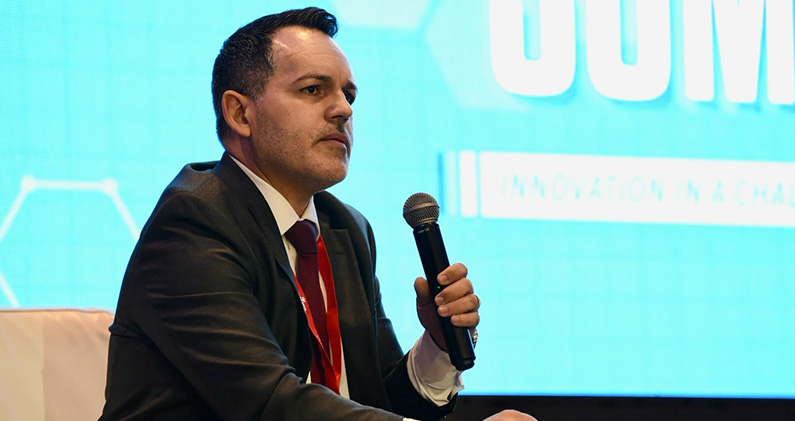In October 2023, the press published data revealing that the Department of the Family had received 709 complaints from public and private hospitals for abandonment of patients, after they had been discharged. This figure is more than double the number of cases reported before 2017. The abandonment of patients in institutions, particularly psychiatric institutions, is a problem that affects the individual, his or her family, the hospital, and health professionals; but there are solutions that can be worked on together, according to Dr. José Ortiz, Medical Director of the Mental Health area of MSO of Puerto Rico, who recently shared relevant information on the subject during the Health Forum of the Association of Industrialists of Puerto Rico, in San Juan.
Aspects related to conditions such as major depression, schizophrenia, bipolarity, substance use; Physical health complications, lack of knowledge of the caregiver’s handling and care of the patient, family members, neglect and housing problems are just some of the many factors that can affect the phenomenon of patient abandonment in hospitals. While the family plays an essential role in patient care and protection, government, health care institutions, and insurers can contribute efforts to safeguard the well-being of these vulnerable populations. In fact, Law 408-2000, known as the Puerto Rico Mental Health Law, establishes a system of prevention, treatment, recovery, and rehabilitation for people suffering from a mental health condition.

“Managing this problem requires a multi-sectoral approach, in which government, hospitals, insurers, and the community actively participate, through non-profit entities and other resources,” said Dr. Ortiz. In his message, Ortiz explained that, through public policy, adequate legislation and the strengthening of relevant agencies, the government would be contributing significantly to the solution of the problem. Insurers can also reinforce their commitment to providing acute treatment coverage, clinical management programs, and collaboration with government agencies. Hospitals, for their part, can identify the problem early and make timely referrals to supporting agencies and clinical programs.
He also detailed some initiatives developed by MSO of Puerto Rico, in conjunction with MMM, among which are: a Mental Health Education platform, Intensive Case Management, Social Work and Transition of Care programs between the hospital and the residence or place of care, as well as a Unit to Guarantee Access to Services. He also mentioned a Government Interagency Committee, a Court Relations, and Legal Aid team, and even the MMM Foundation, a non-profit organization that works for the benefit of seniors in need, regardless of whether they are MMM affiliates or not.
While the problem of patient dropout in hospitals after discharge was described by Dr. Ortiz as “complex, real, and affecting patients, hospitals, and all of us who work in health care, there are solutions in everyone’s hands, if we work together.” “I know that, with our effort and synergy, we will have excellent results,” he concluded.
MSO of Puerto Rico is an entity that provides clinical and administrative support to health plans and medical groups around the island. MMM Healthcare is the pioneer plan in the Medicare Advantage segment in Puerto Rico, with a focus on preventive care and comprehensive well-being of patients and their families or caregivers.
##


